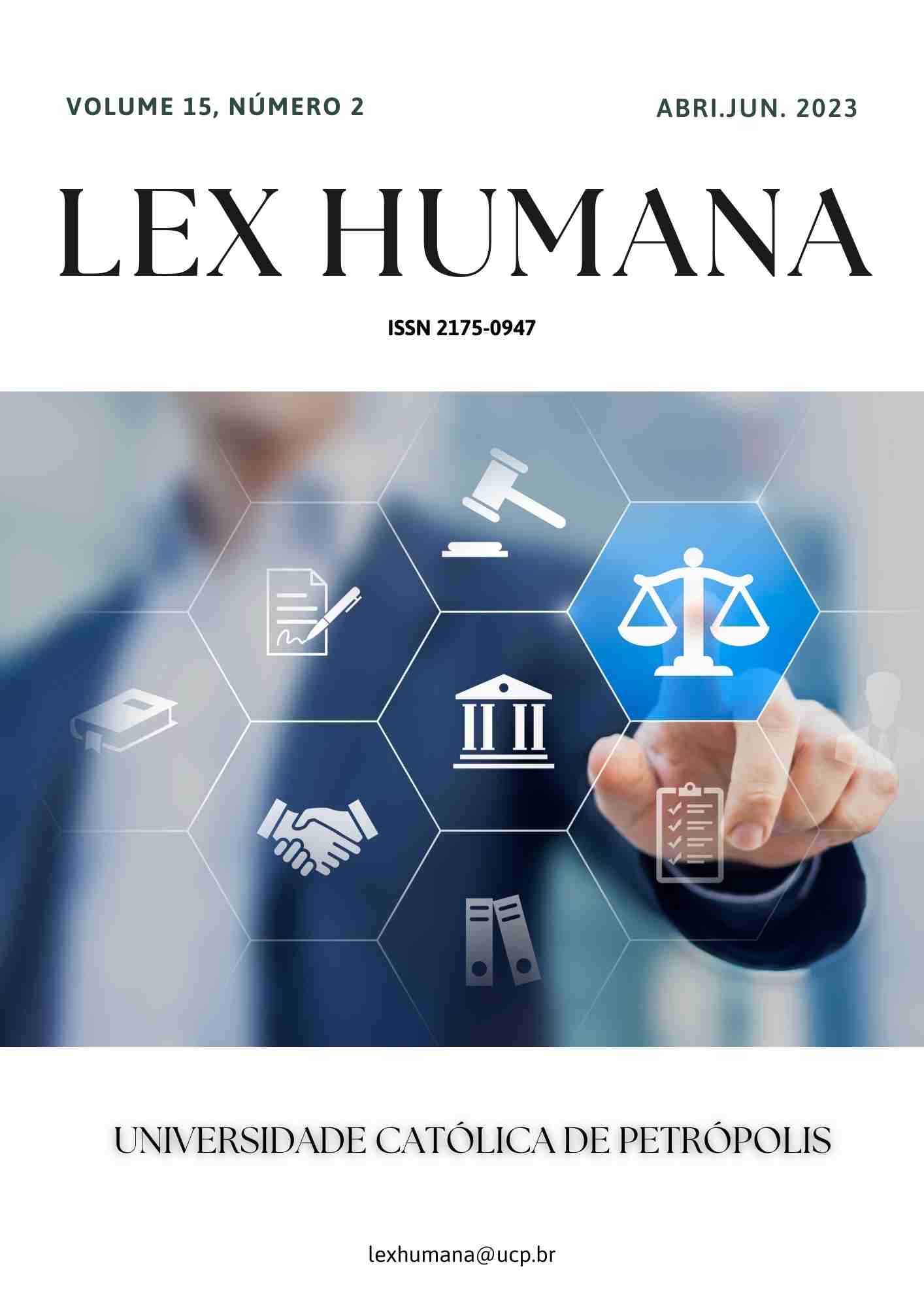Abstract
In developing countries, civil society (hereinafter CS) development models are mostly based on traditional European democratic values. Adopting the values of democracy and the EU free market affects the development of CS. The article aims to identify and evaluate empirically the features of civil society (CS) models in developing countries. The research methodology is based on a statistical analysis of the dynamics of CS in the countries of Central and Eastern Europe: Poland, Romania, and Ukraine. The analysis uses key indicators of CS development, in particular the Human Development Index, the Civil Society Participation Index, and the Civil Liberties Index based on the data of The V-Dem Institute (2023). The results demonstrate the existence of common and distinctive democratic characteristics of the civil society development models of Ukraine, Poland, and Romania. The countries are similar in terms of the state of opposition movements against the government, moderate level of citizen participation in politics and public problem solving, the environment for citizen participation in CSOs, and at the same time, a large number of different organizations and social institutions.
References
Bolleyer, N., & Correa, P. (2022). Member influence and involvement in civil society organizations: A resource dependency perspective on groups and parties. Political Studies, 70(2), 519-540.
Chambers, S., & Kopstein, J. (2001). Bad civil society. Political theory, 29(6), 837-865.
Chimiak, G. (2021). The internationalization of Polish civil society elites and their impact on development cooperation policy and practice. International Journal of Sociology and Social Policy, 41(5/6), 748-761.
Frantzeskaki, N., Dumitru, A., Anguelovski, I., Avelino, F., Bach, M., Best, B., ... & Rauschmayer, F. (2016). Elucidating the changing roles of civil society in urban sustainability transitions. Current Opinion in Environmental Sustainability, 22, 41-50.
Frolic, B. M. (2015). State-led civil society. In Civil society in China (pp. 46-67). Routledge.
Grzebalska, W., & Pető, A. (2018, May). The gendered modus operandi of the illiberal transformation in Hungary and Poland. In Women's Studies International Forum (Vol. 68, pp. 164-172). Pergamon.
Guasti, P. (2016). A Panacea for Democratic Legitimation? Assessing the Engagement of Civil Society with EU Treaty Reform Politics. In Democratising the EU from Below? (pp. 135-163). Routledge.
Hollifield, J. F. (2020). Ideas, institutions, and civil society: on the limits of immigration control in France. In Mechanisms of immigration control: A comparative analysis of European regulation policies (pp. 59-95). Routledge.
Jacobsson, K., & Korolczuk, E. (Eds.). (2017). Civil society revisited: Lessons from Poland (Vol. 9). Berghahn Books.
Jensen, M. N. (2006). Concepts and conceptions of civil society. Journal of Civil Society, 2(1), 39-56.
Korolczuk, E.. (2017) Explaining mass protests against abortion ban in Poland: the power of connective action. Zoon Politikon.
Králiková, M. (2022). Importing EU norms: the case of anti-corruption reform in Ukraine. Journal of European Integration, 44(2), 245-260.
Narkowicz, K. (2018). ‘Refugees not welcome here’: State, church and civil society responses to the refugee crisis in Poland. International Journal of Politics, Culture, and Society, 31, 357-373.
Pierobon, C. (2022). Central Asian Survey, 41(4), 752-769.
Pries, L. (2019). Introduction: Civil society and volunteering in the so-called refugee crisis of 2015—ambiguities and structural tensions. Refugee protection and civil society in Europe, 1-23.
Rosenblum, N. L. (1994). Civil societies: liberalism and the moral uses of pluralism. Social Research, 539-562.
Rosenblum, N. L. (2016). Good neighbors. In Good Neighbors. Princeton University Press. https://doi.org/10.1515/9781400881314
Rosenblum, N. L. (2018). Membership and morals. In Membership and Morals. Princeton University Press.
Sellers, J. M., Lidström, A., & Bae, Y. (2020). Multilevel democracy: How local institutions and civil society shape the modern state. Cambridge University Press
The V-Dem Institute (2023). Country Graph. https://v-dem.net/data_analysis/CountryGraph/
Van Rooy, A. (2020). Civil society as idea: an analytical hatstand?. In Civil society and the aid industry (pp. 6-30). Routledge.
Vkursi (2022). Dynamics of registrations of charitable organizations during the war: a study. Vkursi та Zagoriy Foundation. https://vkursi.pro/news/content/splesk-reiestratsiy-blahodiynykh-orhanizatsiy-doslidzhennia-vkursi-ta-zagoriy-foundation-234986
Wood, E. M. (2017). The uses and abuses of 'civil society'. In Karl Marx (pp. 349-373). Routledge.
World Data (2023). Developing Countries. https://www.worlddata.info/developing-countries.php
Razumkov Tsentr (2021). Dovira do instytutiv suspilstva ta politykiv, elektoralni oriientatsii hromadian Ukrainy (lypen–serpen 2021r.). [Razumkov Centre (2021). Trust in the institutions of society and politicians, electoral orientations of Ukrainian citizens (July-August 2021).] https://razumkov.org.ua/napriamky/sotsiologichni-doslidzhennia/dovira-do-instytutiv-suspilstva-ta-politykiv-elektoralni-oriientatsii-gromadian-ukrainy
Razumkov Tsentr (2022). Otsinka hromadianamy sytuatsii v kraini, dovira do sotsialnykh instytutiv, polityko-ideolohichni oriientatsii hromadian Ukrainy v umovakh rosiiskoi ahresii (veresen–zhovten 2022r.). [Razumkov Centre (2022). Citizens' assessment of the situation in the country, trust in social institutions, political and ideological orientations of Ukrainian citizens in the context of Russian aggression (September-October 2022).] https://razumkov.org.ua/napriamky/sotsiologichni-doslidzhennia/otsinka-gromadianamy-sytuatsii-v-kraini-dovira-do-sotsialnykh-instytutiv-politykoideologichni-oriientatsii-gromadian-ukrainy-v-umovakh-rosiiskoi-agresii-veresen-zhovten-2022r

This work is licensed under a Creative Commons Attribution-NonCommercial-NoDerivatives 4.0 International License.
Copyright (c) 2023 Lex Humana (ISSN 2175-0947)
